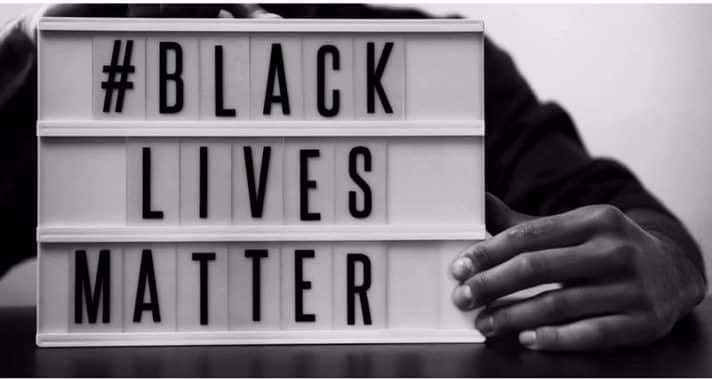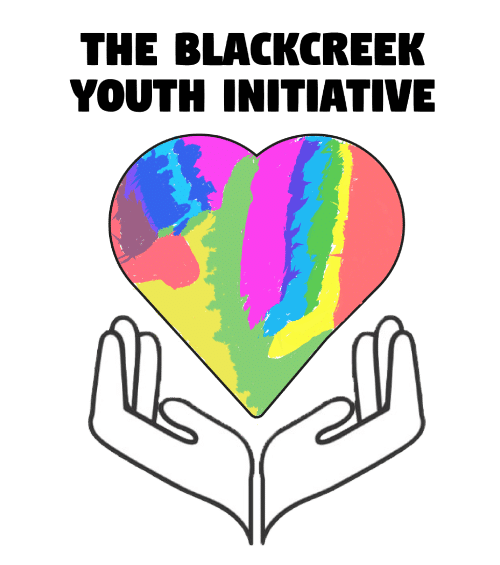Black Creek Youth Initiative Statement on Anti-Black Racism
The dehumanization of Black people has been pervasive in our culture and societal institutions. This has been promoted by white supremacy and colonialism, the very foundations upon which both Canada and the United States were built.

The last few months have been a tough one for African Diaspora. Black people have lost their lives when engaging with systems that should be protecting them. It is now difficult to trust our governments and systems to provide safety, protection, and care for the Black Community. With disturbing images and videos circulating on social media, it is almost impossible NOT to notice. Most recent in our city, following the murder of George Floyd, was the death of Regis Korchinski-Paquet in Toronto. This was not an isolated incident as countless others have lost their lives encountering these systems.
The institutional racism within the criminal justice system reflected in the mass incarceration of black and brown people within USA and Canada’s prisons; daily occurrences of police harassment, intimidation, and brutality and stop-and-frisk policies, stand-your-ground laws, and the militarization of police forces that disproportionately target communities of color.
The persistent disparities in housing, education, income, wealth, health, and employment that are caused by public policies and private practices that actively privilege white people and disadvantage people of color.
The language that demonizes people of color disregards basic civil rights for homeless individuals and people in poverty, denigrates immigrants and migrant workers as “illegals,” and racial slurs and racist caricatures of American Indian people as mascots for athletic teams.
We recognize and support the rights of oppressed and marginalized people to fight for their rights and freedom in resistant actions and expression of resilience.
Black Lives Matter
We shall NOT be silent
We shall speak up
Black Creek Youth Initiative
Our Responses
Virtual Town-Hall June 11th, 2020
Mental health workshops
Coping mechanisms


Black Lives and the System
We Believe that We can Save More Lifes with you

Youth-led

Community-Driven

Artbased


